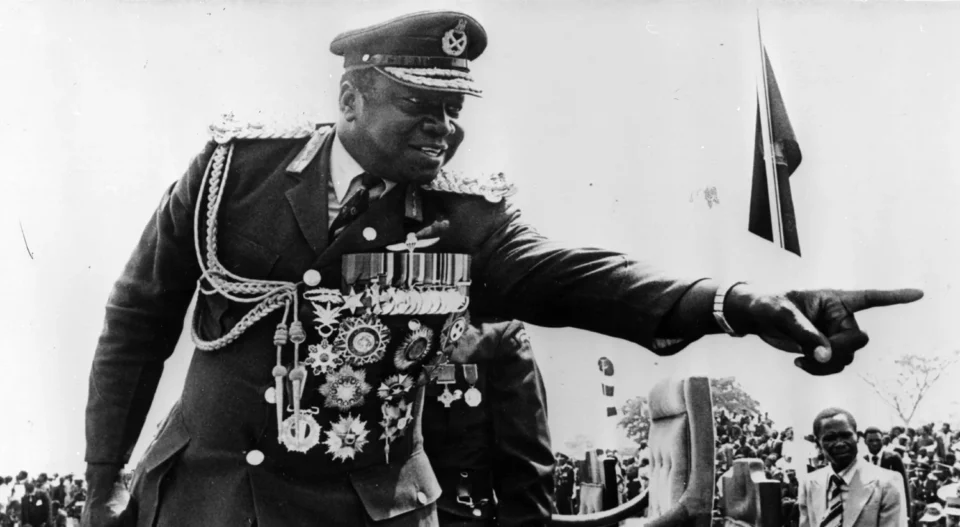Idi Amin Dada Oumee’s journey to power in Uganda was a swift and dramatic one. In 1971, while President Milton Obote was away at a Commonwealth summit in Singapore, Amin, then commander of the army and air force, seized control in a military coup d’état. This action was not entirely unexpected, as the country had been experiencing political instability. Obote had taken steps to consolidate power, abolishing traditional kingdoms and making Uganda a republic with himself as president. However, these moves did not resolve the deep-seated ethnic and regional divisions, and many Ugandans, especially those who felt marginalized by Obote’s regime, initially welcomed Amin. He was seen as a charismatic and strong figure, a professional soldier who would bring stability. He even released political prisoners and promised to restore order. This period of public support was, however, short-lived.
The Reign of Terror: Human Rights Abuses and Economic Chaos
Amin’s regime quickly descended into a period of extreme authoritarianism and brutality. His rule, which lasted for eight years, was characterized by widespread human rights abuses, including arbitrary arrests, torture, and extrajudicial killings. Estimates of the number of people killed during his reign range widely, from 80,000 to as many as 500,000. He targeted ethnic groups like the Acholi and Langi, whom he perceived as threats because of their loyalty to Obote.
One of the most defining and economically devastating actions of his presidency was the expulsion of Asians from Uganda in 1972. Amin gave the community, many of whom were of Indian and Pakistani descent and had been integral to the Ugandan economy for generations, 90 days to leave. He accused them of “sabotaging Uganda’s economy” and promised to transfer the nation’s wealth into the hands of Ugandans. While some locals initially welcomed this “economic war” and took over the businesses and properties left behind, the move led to the collapse of the Ugandan economy. The expulsion created a vacuum in trade and industry that Ugandans were not fully equipped to fill, leading to a rise in a black-market economy, scarcity of essential goods, and the decline of industrial centers like Jinja. The country became heavily reliant on foreign aid and loans from Arab states.
International Relations: A Global Outcast
Amin’s actions led to his international isolation. Many Western nations, including the United Kingdom, ended their support for his regime after his human rights abuses became public. He gained infamy internationally for events like the 1976 Entebbe hostage crisis, where he gave refuge to Palestinian and German hijackers. The crisis ended with a daring Israeli commando raid.
His downfall began in 1978 when he attempted to annex a part of Tanzania’s territory. Tanzania, under President Julius Nyerere, responded by invading Uganda. Nyerere, a staunch critic of Amin’s regime, had to justify his action, famously saying, “Do you negotiate with a burglar when he is in your house?” The Tanzanian army, joined by Ugandan exiles, marched on Kampala, and on April 11, 1979, the city fell. Amin fled the country, first to Libya and then to Saudi Arabia, where he lived in exile until his death in 2003.
His legacy remains a complex and tragic one, a stark example of the dangers of dictatorial rule and the profound challenges faced by post-colonial African nations.


